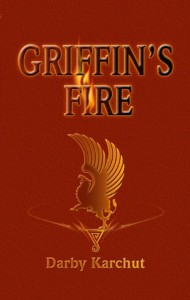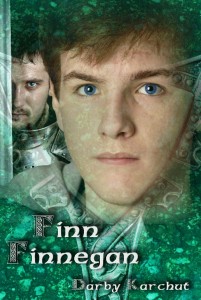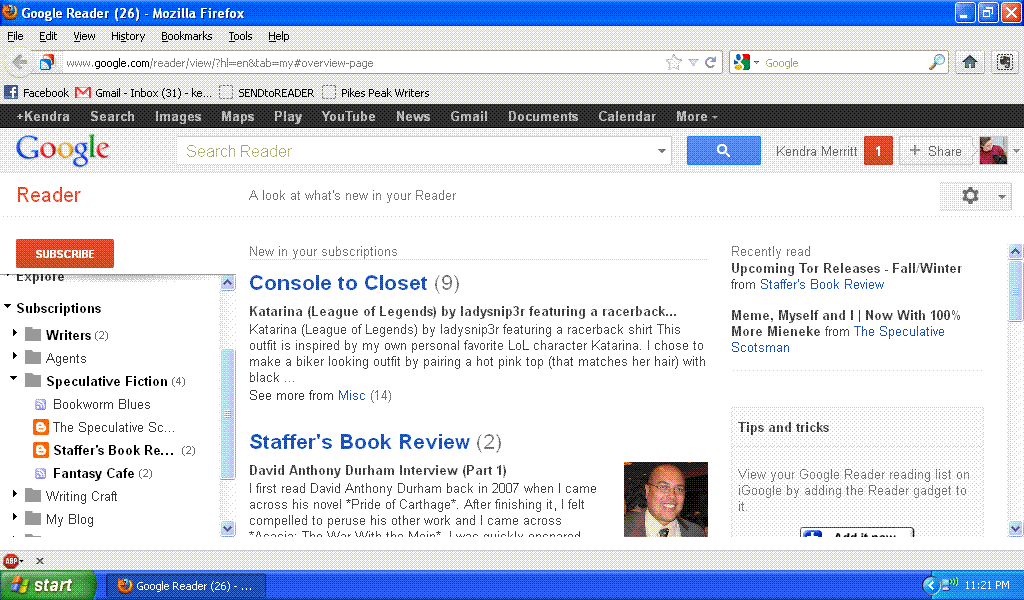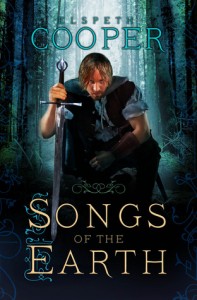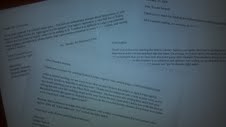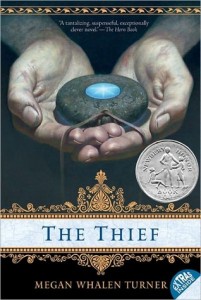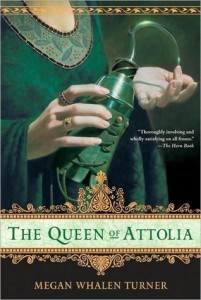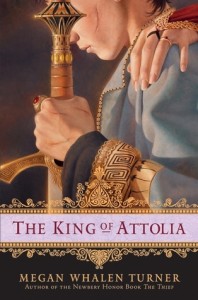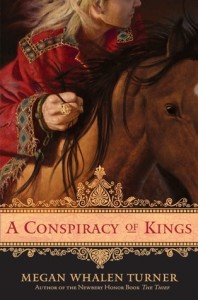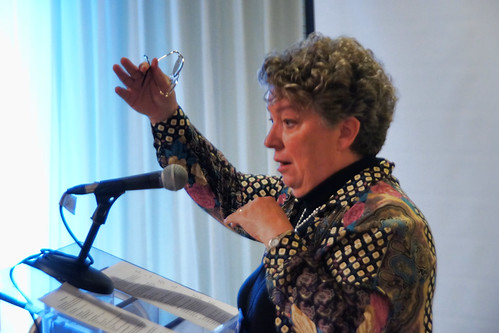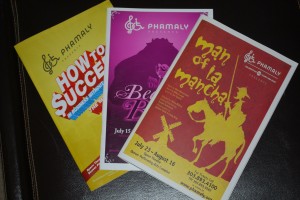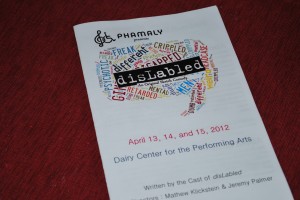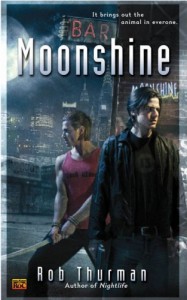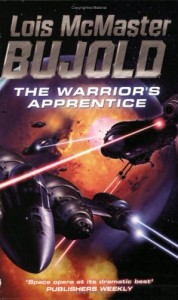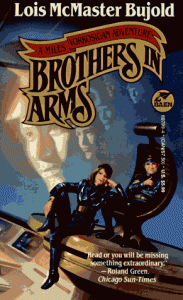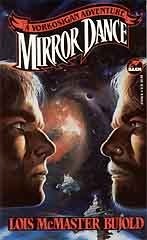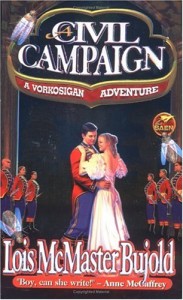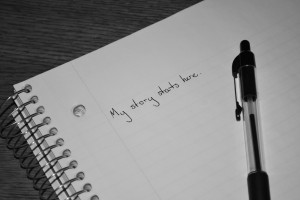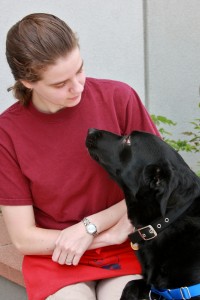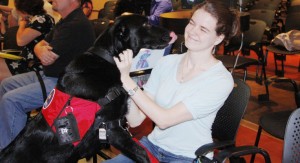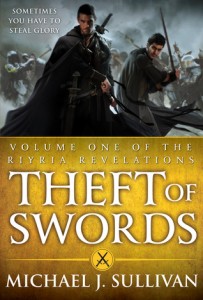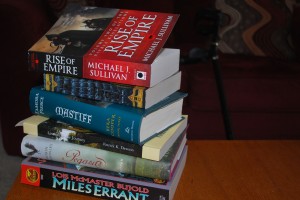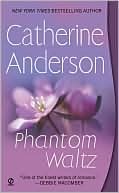 Phantom Waltz by Catherine Anderson
Phantom Waltz by Catherine Anderson
After losing the ability to walk in a barrel racing accident, Bethany Coulter considers herself lucky just to be able to function as independently as she does. She has reconciled herself to never being able to ride or dance or date ever again. But when she meets Ryan Kendrick Bethany begins to hope that she can find love and happiness despite her disability.
I'll start by saying that I've found I'm more critical of books that feature disabilities similar to mine. I want them to be good. I'm invested in their success. So I expect more of them, like a teacher with their star pupil. Or like Scrooge standing over Bob Cratchit's desk with unreasonable expectations. I haven't decided which yet. That's why I was so excited to start this book. A heroine in a wheelchair? So up my alley that it's parked in my driveway and knocking on my door. Except... it wasn't. I think somehow it got the house next door.
Bethany Coulter has an incomplete spinal cord injury at L2. For those who  aren't anatomy nerds, that means her spinal cord was damaged at the second lumbar vertebrae, the lowest portion of the spine. If the reference means anything, mine was at T9 (T for thoracic, the middle portion of the spine). One thing Anderson did right was provide a lot of specific details. What bothered me was that most of them seemed wrong for Bethany's injury level and the functionality she should have had. In my experience, L2 is a very low injury. In fact, they don't get much lower than that, which means she should have normal upper body strength and pretty good core balance. So why is she in a power chair? What was her occupational therapist thinking? Power chairs are great for those without the strength and balance to push a manual wheelchair, but they're huge and heavy and have to be recharged every night. It didn't make sense that Bethany used a power chair when a manual one would have served just fine. Unfortunately, this incongruity was present all through the book. Bethany was very clear about how she needed a dressing sling in order to get dressed, and what I can only describe as scaffolding, in order to go to the bathroom.
aren't anatomy nerds, that means her spinal cord was damaged at the second lumbar vertebrae, the lowest portion of the spine. If the reference means anything, mine was at T9 (T for thoracic, the middle portion of the spine). One thing Anderson did right was provide a lot of specific details. What bothered me was that most of them seemed wrong for Bethany's injury level and the functionality she should have had. In my experience, L2 is a very low injury. In fact, they don't get much lower than that, which means she should have normal upper body strength and pretty good core balance. So why is she in a power chair? What was her occupational therapist thinking? Power chairs are great for those without the strength and balance to push a manual wheelchair, but they're huge and heavy and have to be recharged every night. It didn't make sense that Bethany used a power chair when a manual one would have served just fine. Unfortunately, this incongruity was present all through the book. Bethany was very clear about how she needed a dressing sling in order to get dressed, and what I can only describe as scaffolding, in order to go to the bathroom.
Now, I know that every injury is different, especially incomplete ones, and my experience is not the be all end all of SCIs. But from the information given, Bethany and I should have been very similar. I know I've never used a dressing sling (never even heard of one), and I don't even need to use the bars in the handicapped stalls to go to the bathroom. At most, I sometimes used a sliding board for particularly tricky transfers, but I eventually gave it away because I stopped needing it. I'd love to read about heroines with such low functionality, but if Anderson really wanted her protagonist to actually need all the equipment she uses, she should have made Bethany a quadriplegic, or at least have a much higher level injury. It would not have changed the story any, and the details would have been correct.
Aside from all that, I had a hard time liking Bethany as a character. She was always telling people about how she wanted to be independent, but she acted so helpless when she was in trouble that I had a hard time believing it. And she was always explaining how hard things were, or how she couldn't do something specific instead of trying to work around her limitations. She did manage some heroics (yay for crawling to save your man while a bear's on the loose!) but in the end it just didn't make up for her overall wimpiness. Maybe it was just that her philosophy was so different from mine. All I know is that I kept wanting to yell at her, “Go for it! You deserve better! Why can't you be with him? He built you a ramp for pity's sake. What better expression of love and commitment does a girl need besides a ramp?” But as usual, my cries went unheeded.
At the last, Bethany did learn that it's better to live your life to the full, accepting the risk that you might get hurt, than to live safe but unhappy in a box of your own making. As far as themes go, this is one I can definitely get behind. I want disabled characters to figure out how to continue doing the things they love instead of sitting around whining because that's what I want for myself. I wasn't an athletic person before my injury so I'm not missing a lot, but I can guarantee that one of these days I'll figure out adaptive sailing because I really want to sail again. Though it might have to wait until we live near some water. It's hard to sail in a desert.
Although I agree with this theme, I want to point out that I think finding a balance is equally important. I can fight to find ways to do the things I love while accepting there are other things that I will never do again. I'm perfectly capable of taking short hikes around the Rockies (so long as I'm okay with being in some pain afterward), but I will probably never climb a fourteener. I'm sure there are other people with disabilities out there who have, but to me, it's not so important. So I'm going to accept it and move on to the things that are.



